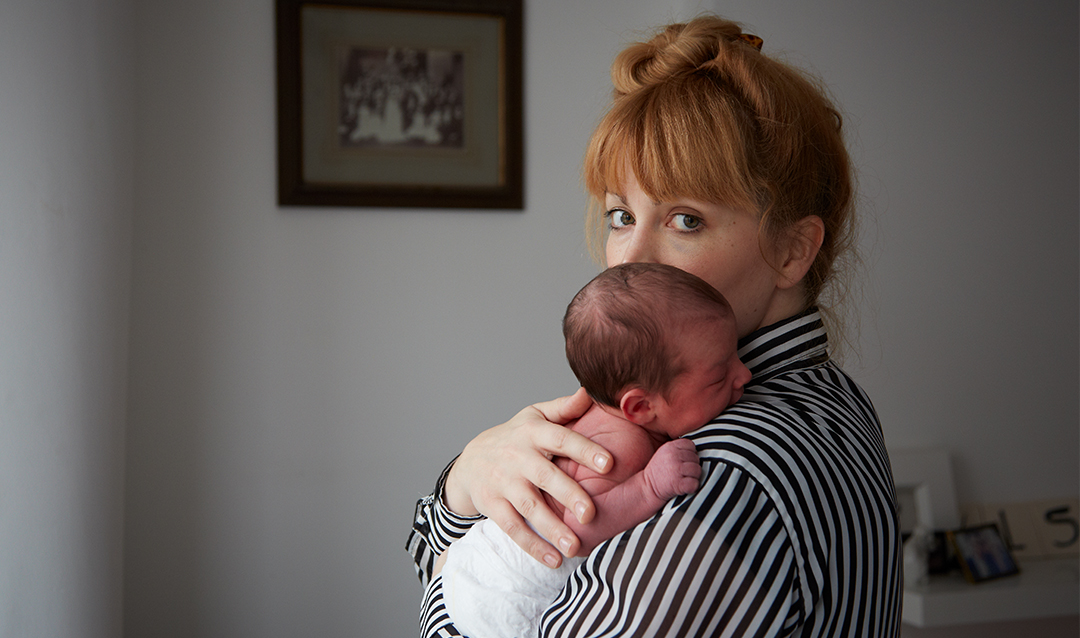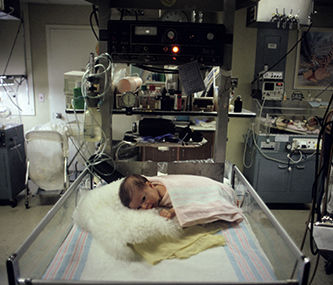Of the millions of pregnant women in the United States each year, many deal with difficult circumstances: stress, financial hardship, abusive relationships, a lack of personal or community support. Many of these women deliver their babies prematurely. Quite a few, however, carry to term, deliver healthy babies and continue to do well, despite their circumstances. This may have to do with the tools with which they’re equipped, says Fathima Wakeel.
Wakeel, an associate professor in Lehigh’s new College of Health, is particularly interested in the role of personal capital—the “toolkit” of internal and social protective factors that help women cope with or reduce their exposure to stress—during pregnancy. She wants to identify the impact of the particular tools a pregnant woman has in her toolkit on obstetric outcomes, how those toolkits differ among different women and how they develop over the life course. These findings, says Wakeel, can help inform appropriate interventions for the women who need them.
Wakeel based her previous work on data from the Los Angeles Mommy and Baby (LAMB) study, a multilevel, cross-sectional, population-based study of mothers who had a live birth in Los Angeles County, Calif., the first of which was conducted in 2007. Her studies, published in Advances in Preventive Medicine, Maternal and Child Health Journal and Archives of Women’s Mental Health, have explored the impact of acculturation on preconception health; racial and ethnic disparities in personal capital during pregnancy; and the balance between stress and personal capital during pregnancy and the relationship with adverse obstetric outcomes.






